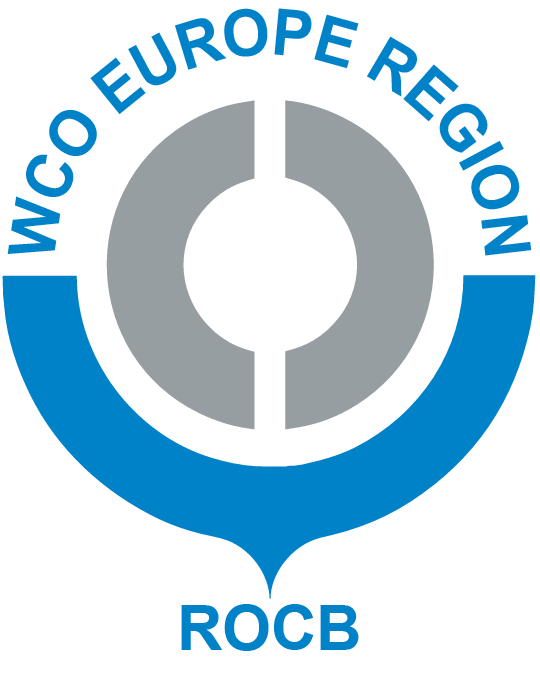The Central Asia Regional Economic Cooperation (CAREC) Institute, in partnership with the ADB-PRC Regional Knowledge Sharing initiative, the Economic Scientific Research Institute (ESRI), the Center for Economic and Social Development (CESD) and with support of the Asian Development Bank (ADB), organized the Sixth CAREC Think Tank Development Forum “Recalibrating Growth Dynamics for Inclusive and Sustainable Economies” on 15-16 September 2022 in Baku, Azerbaijan.
The two-day forum is organized under the auspices of the CAREC Think Tank Network - a network of leading think tanks in the region that aims to provide innovative solutions and develop regional perspectives on emerging issues and challenges facing the CAREC region.
During the second session of the forum Dr. Albert Park, Chief Economist and Director General of the ADB, provided an extensive overview of CAREC economies and discussed about how much recalibration is needed for inclusive and sustainable growth in the region. Mobilization of taxes for development, mitigating climate change and gender inequality, strengthening digitalization and enhancing regional cooperation are key policy priorities for CAREC countries to ensure inclusive and sustainable growth. Dr. Hans Holzhacker, Chief Economist of the CAREC Institute, and Dr. Kamalbek Karymshakov, Vice Rector of the Kyrgyz-Turkish Manas University, supplemented the discussion by sharing the results of their own research. Dr. Hans Holzhacker emphasized that for catching up with the developed economies, CAREC economies require a productivity push, which must be driven by higher technical and vocational education, innovation, foreign trade, and direct foreign investment. For sustainable and inclusive growth in the CAREC region, a well-designed and tailored fiscal and monetary coordination mechanism needs to be developed. Dr. Kamalbek Karymshakov highlighted the low-quality education and job-mismatch as the key impediments for sustainable economic development that need to be resolved.
During the third session, researchers from Azerbaijan, Kazakhstan, Pakistan and Uzbekistan shared the results of their research on access to healthcare, education, digital technologies and women’s labor force participation. The fourth session of the forum began with a presentation by a UNDP representative on the progress on SDGs in the CAREC region, where there are different levels of progress of countries in achieving the SDGs and financing of the SDGs remains as a key issue. More innovative financing solutions are needed to cover the financing gap in some CAREC countries.
The last session discussed climate change vulnerability and the case for green energy in the CAREC region. Four-“A” perspectives on energy security were presented for the CAREC region: between 2011 and 2015, the availability and the affordability of energy appear to have improved while the acceptability of energy appears to shrink considerably, and applicability of energy seems to be more likely the same. Participants discussed the transition to renewable energy sources, renewable energy and green energy zones initiatives.



